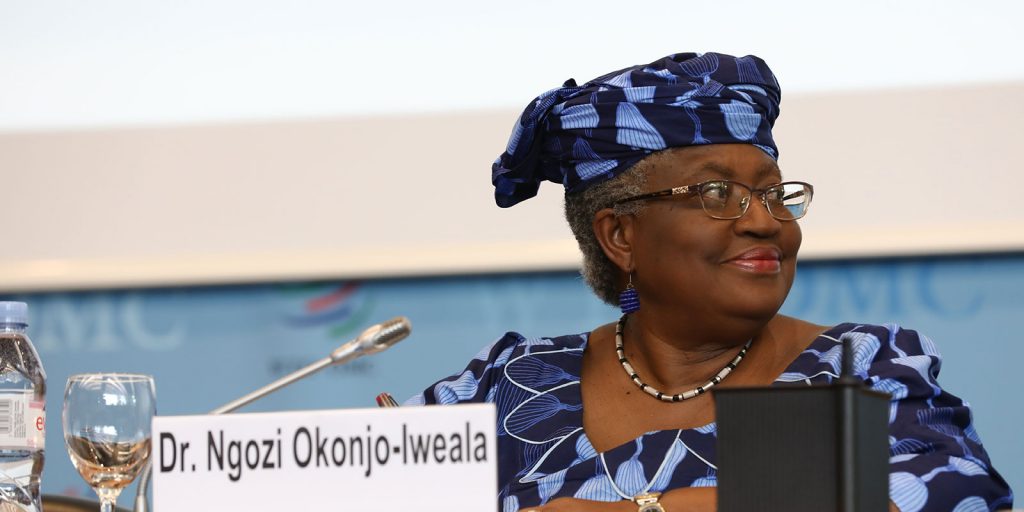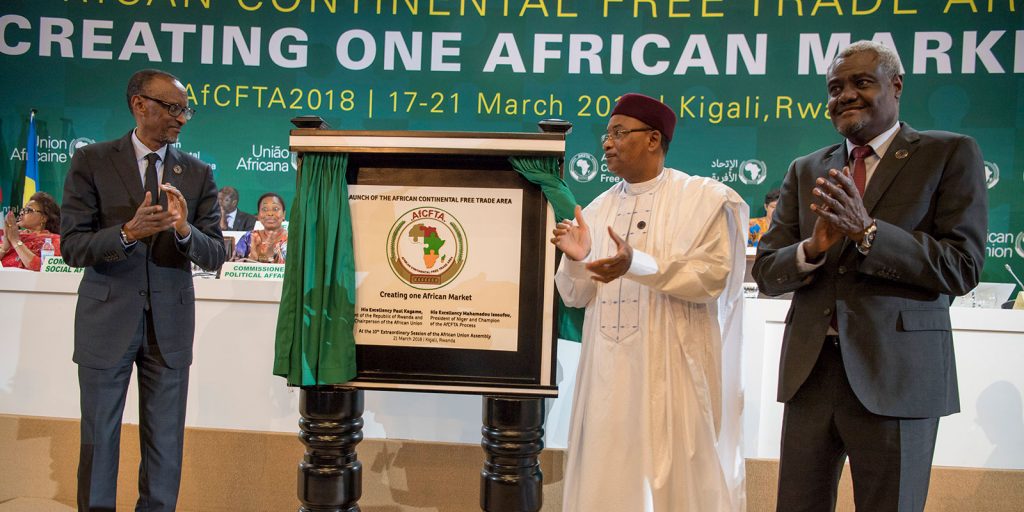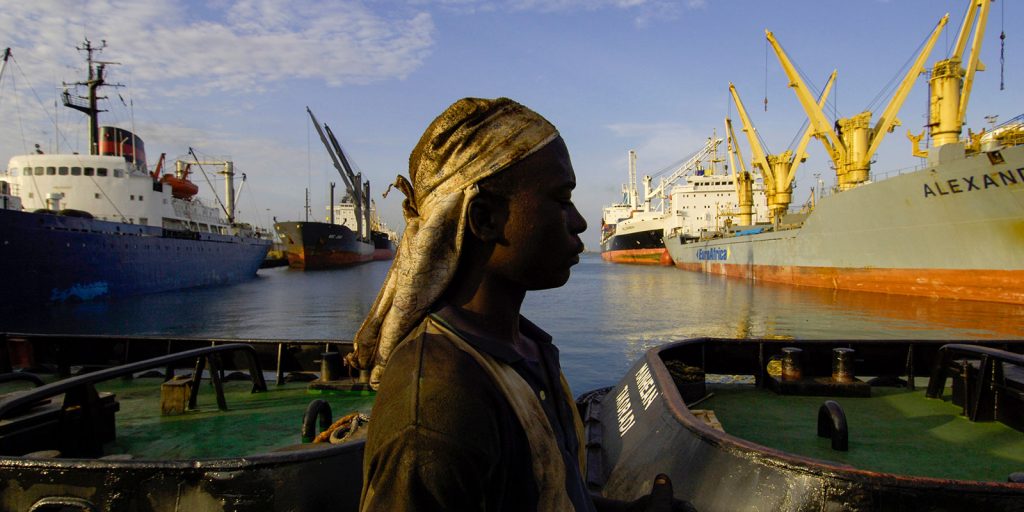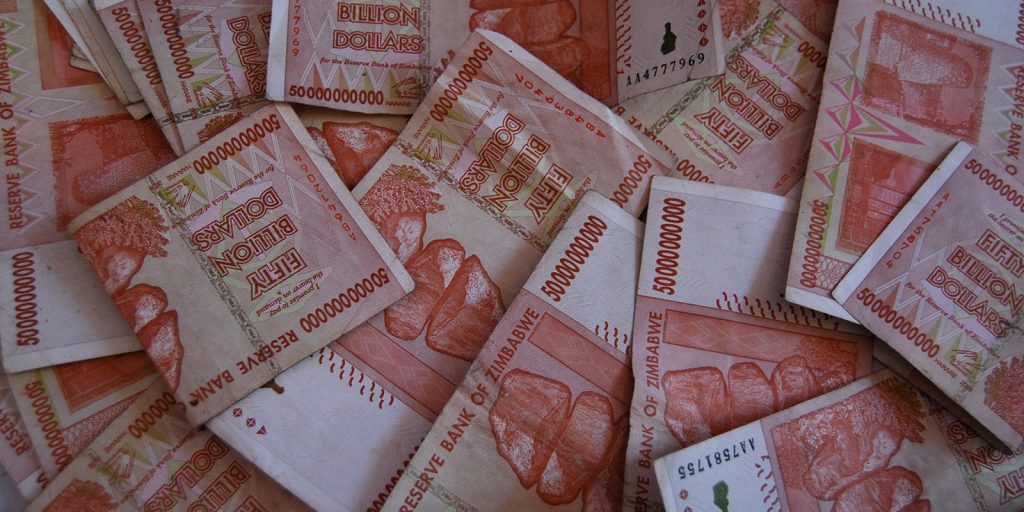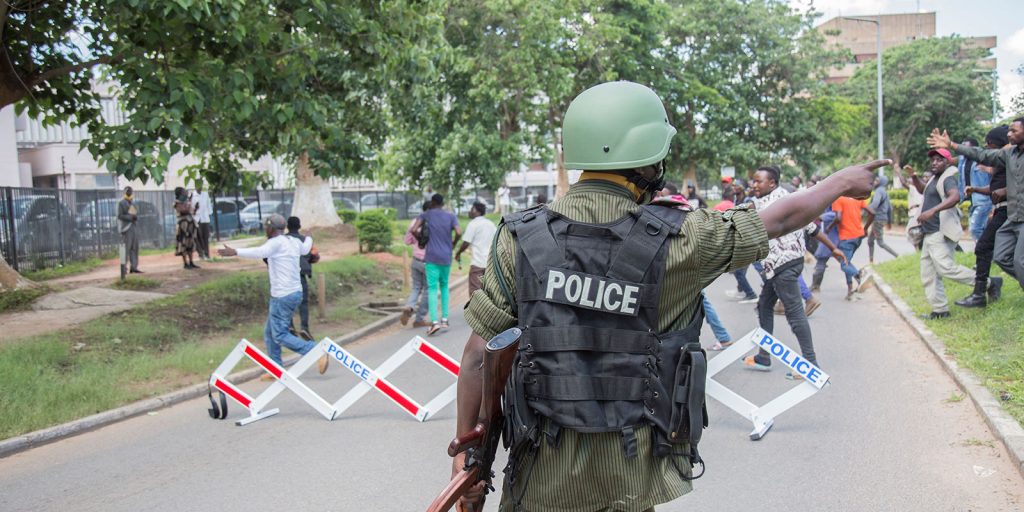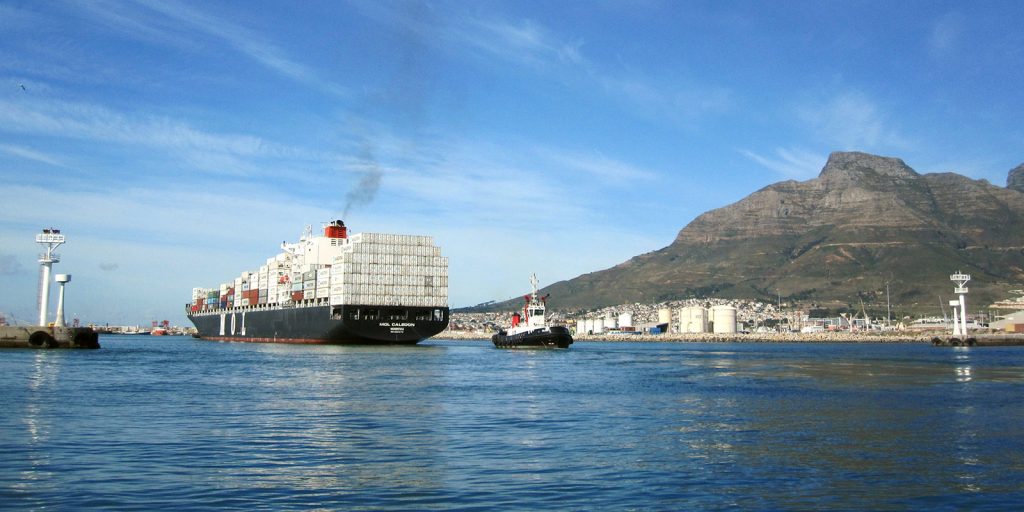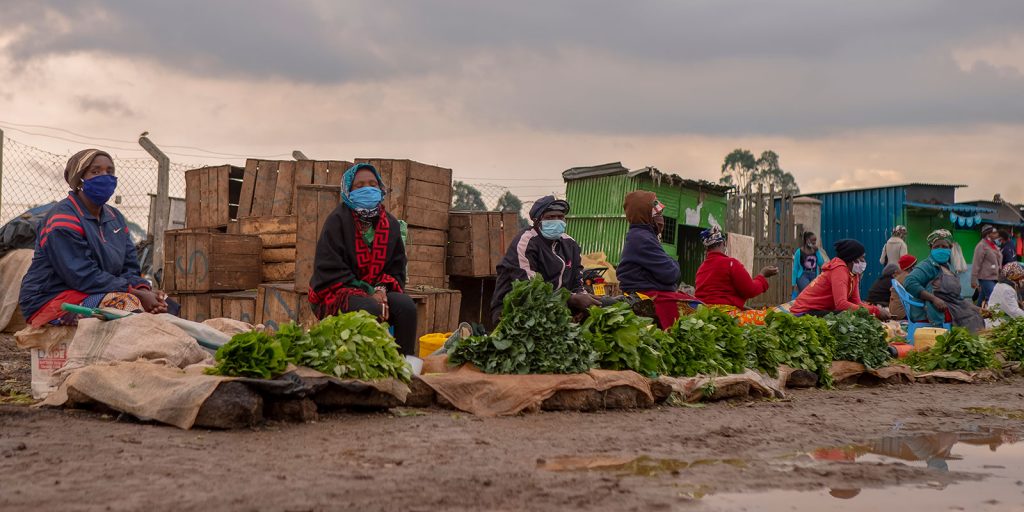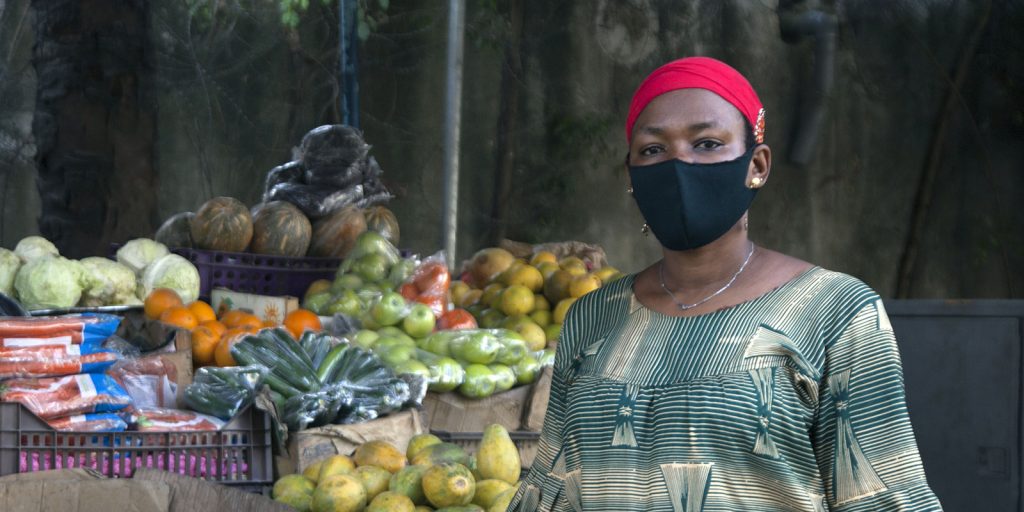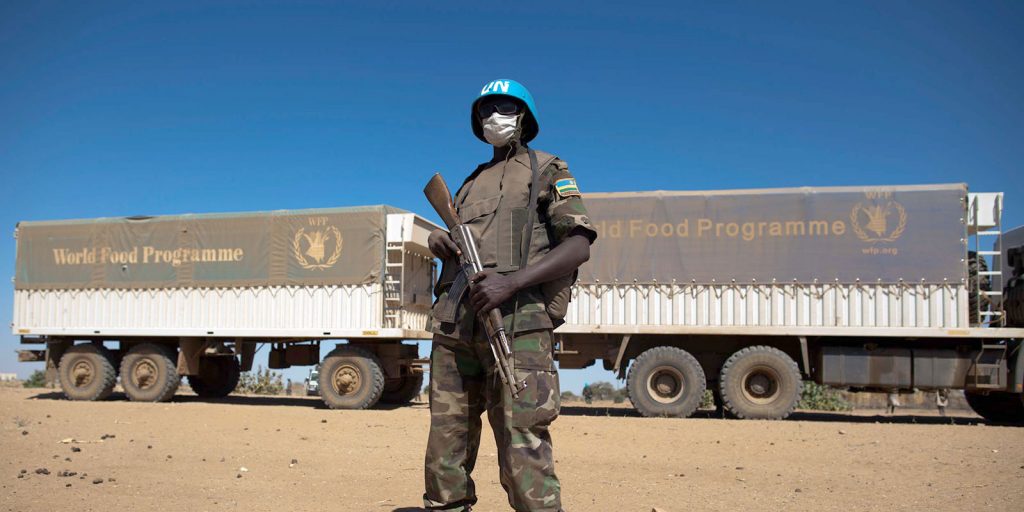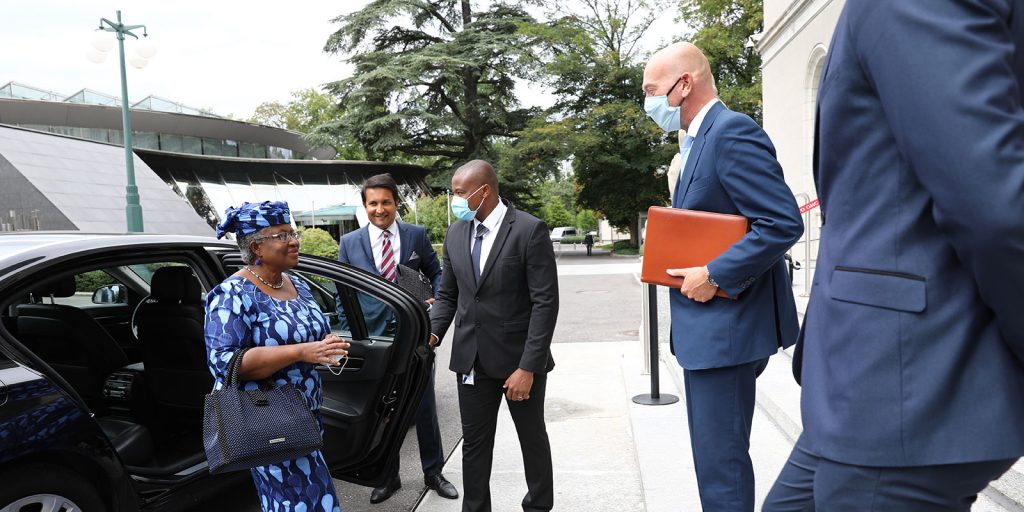
From National Interest to Global Responsibility: Vaccine Nationalism and the World Trade Organisation (WTO)
The 15th of February 2021 will go down in history as the day on which a woman, and an African, was elected for the first time to the important post of Director-General of the WTO. It is a proud day for women all around the world and a proud day for all of us in Africa. However, Dr. Ngozi Okonjo-Iweala, had to wait several months for a change in the administration of the United States before there could be consensus on her appointment, despite her having the support of the overwhelming majority of the members of the WTO. This very fact underscores the vital importance of this job at this particular juncture in our world.

